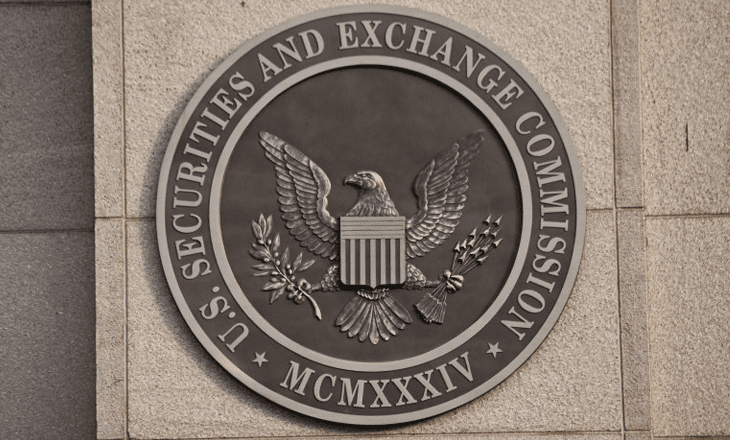The Securities and Exchange Commission (SEC) charged a former broker with knowingly or recklessly trading unsuitable investment products in the accounts of five customers and misappropriating more than $170,000 from one of those customers.
The SEC’s complaint alleges that Demitrios Hallas repeatedly traded unsuitable investments in his customers’ accounts, exposing customers who were unsophisticated with limited or no investing experience and modest incomes, net worth levels, and assets to a significant degree of volatility and risk.
In a little more than a year, Hallas allegedly traded 179 daily leveraged exchange traded funds (ETFs) and exchange traded notes (ETNs) – products that the SEC alleges are inherently risky, complex and volatile, and only appropriate for sophisticated investors – in the customers’ accounts, generating commissions and fees of approximately $128,000. The net loss across all 179 positions was approximately $150,000.
The SEC’s complaint further alleges that Hallas misappropriated more than $170,000 in funds from one customer. Instead of investing the funds on the customer’s behalf, Hallas allegedly deposited the funds into his own personal bank accounts and spent them on personal expenses, including significant bar and restaurant bills, credit card and student loan payments, and rent.
The SEC previously issued an Investor Alert warning about excessive trading and churning that can occur in brokerage accounts, and an Investor Bulletin educating investors about ETNs and the risks associated with them.
As alleged in our complaint, Hallas enriched himself by systematically disregarding his customers’ investment profiles and repeatedly trading in risky, volatile products that were unsuitable for them,” said Andrew M. Calamari, Director of the SEC’s New York Regional Office and Co-Chair of the Enforcement Division’s Broker Dealer Task Force. “As reflected in this case and our recent case against two former JD Nicholas brokers, the SEC is very focused on brokers who seek to exploit their customers by willfully recommending unsuitable trades or strategies to them.
The SEC’s complaint charges Hallas with violating Section 17(a) of the Securities Act of 1933 and Section 10(b) of the Securities Exchange Act of 1934 and Rule 10b-5. The complaint seeks a permanent injunction as well as the return of ill-gotten gains plus interest and penalties.
